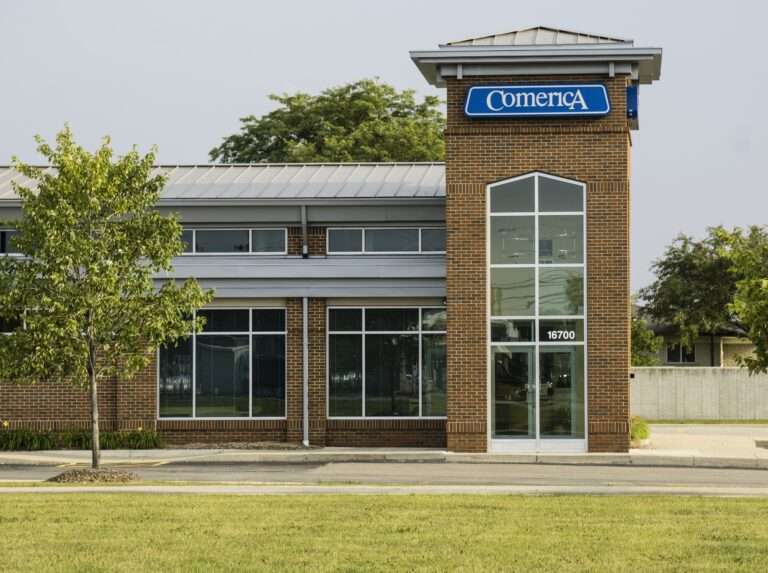by d-mars.com News Provider
While the past year has been rough in so many ways, one positive result is that people are focusing more on saving money — creating a silver lining to the cloud that was 2020. A new survey from Coinstar found nearly 3 out of 4 people (74%) say they are likely to set aside an emergency fund in the future due to COVID-19. The survey also revealed that people who had savings said they dipped into it more than twice over the course of the past year, highlighting just how important a savings account or an emergency fund can be.
The survey also found people reexamining what they spend money on, ways to plan for the future and how to be more conscious of their overall financial picture as a result of the events of the last year. Almost half (46%) of those surveyed said they plan to “tighten their belt” by actively spending less.
If you’re one of the many Americans looking to improve their financial situation and emergency-proof your finances, here are some tips to get you started.
1. Establish a post-pandemic budget
While you might not be going out much right now, it’s possible that the future could once again include more fun options like eating out, entertainment and travel. Developing a workable budget now, that includes room for discretionary spending, will make it possible to do those things you look forward to doing in the future, when you feel comfortable.
2. Create an emergency fund
This year made it clear that even people with stable jobs can have their livelihoods upended by unforeseen events. No matter how you earn a living, it’s a good idea to have 3-6 months’ worth of expenses set aside in an account for emergency use only, so you aren’t tempted to dip into it for splurges. Start small by setting up automatic deposits from your paycheck into a special savings account, and save up change that you accumulate daily to add to your emergency fund once a month.
3. Consider selling personal items
In the survey, nearly one-third (31%) were considering selling personal items to help boost their finances. Spending more time at home has made everyone reevaluate clutter in their homes, and to reassess what is really necessary or useful. Decluttering by selling items you no longer want or use is a win-win — you get a tidier home, along with a little extra cash to save or spend. And thanks to the internet, there are many platforms available to post items you want to sell.
4. Look for the right side hustle or investment opportunity
Over half of those surveyed (57%) have considered picking up an extra job or side hustle. And fortunately, today’s gig economy is full of options for taking on extra work. From being a shopper or rideshare driver to creating items for sale or caring for someone’s children or pets, it’s important to choose a side hustle that really works for you. It should be something that fits your current schedule, and earns enough cash to make the extra effort worthwhile. And if cryptocurrency is your thing, consider making small investments and watch how your investment might grow. You could even have fun dabbling in this new area.
5. Be purposeful with collecting spare change
Make a special place where you keep extra change that piles up. Then you can use those coins to pad your emergency fund, or to pay for extras in your post-pandemic life (such as movies, dinners or gas). It’s easy to save up and use your spare coins, which you can convert to cash or to a no-fee eGift card at a Coinstar kiosk.
You can use some or all of these strategies to help support your financial goals moving forward. With a new approach to budgeting, earning and saving, you’ll feel more confident about whatever the future may hold.
Find a kiosk location near you to convert your spare change, or use cash for a bitcoin purchase, by visiting www.coinstar.com/findakiosk.
Source: BPT








